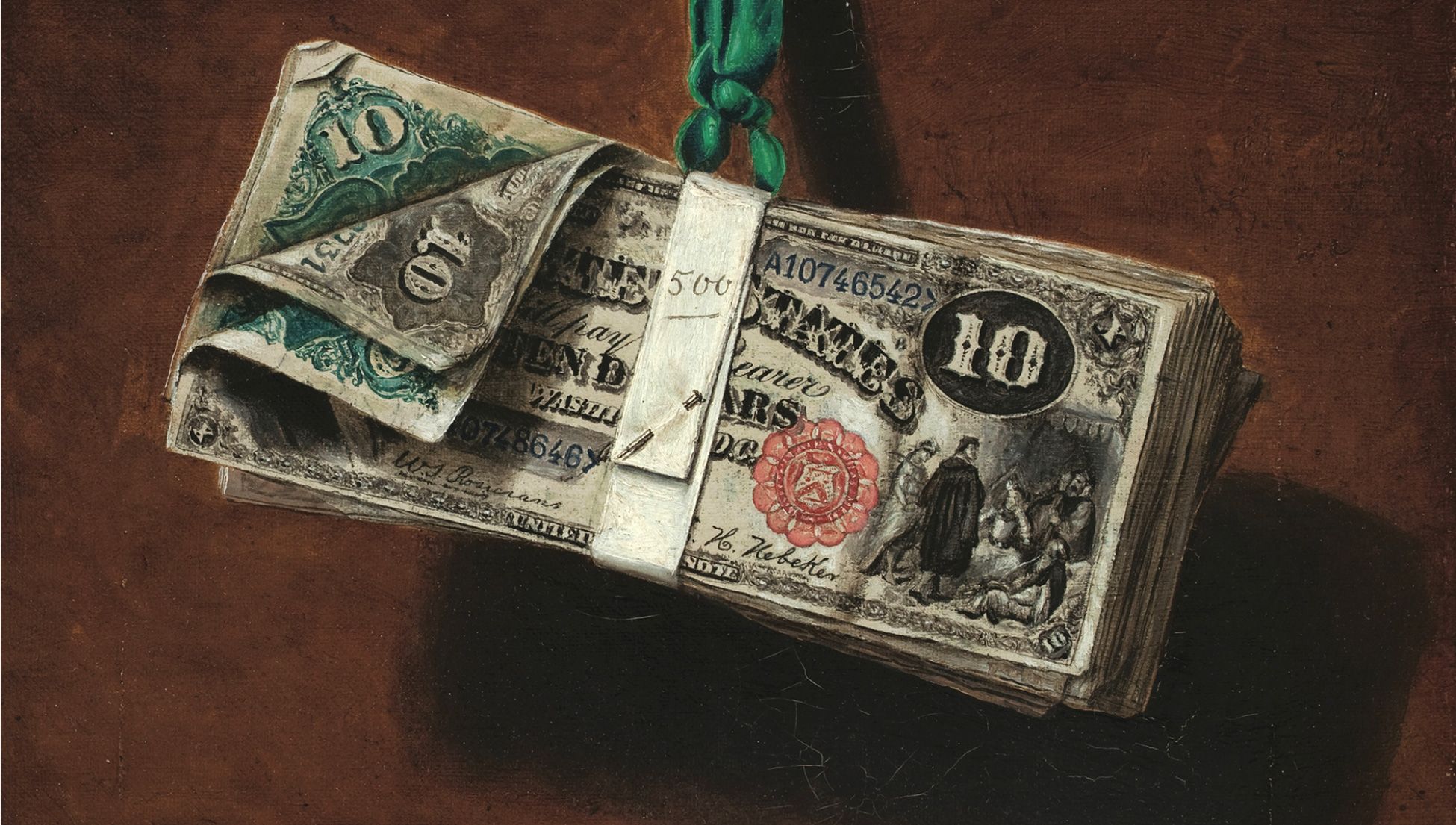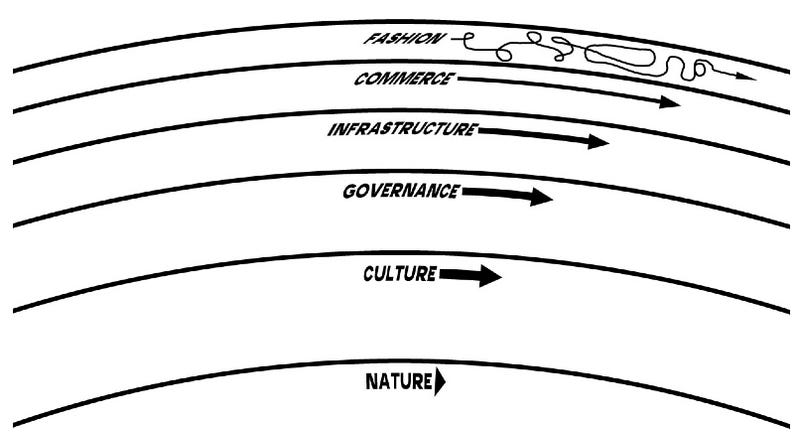
Greedy people might be frowned upon, but are they the winners?
is a postdoctoral researcher at the University of Amsterdam in the Netherlands. Her research lies at the intersection between economics and psychology. She is specifically interested in dispositional greed, and the questions of why, and when, people follow rules.
Greed has long been cast in a negative light, seen as a vice that leads to exploitation and decay. For centuries, Christians have listed it among the ‘seven deadly sins’. In contemporary life, greed is associated with corporate scandals that cause devastating losses for employees and communities, and research has linked it to corruption and unethical behaviour. These and other negative portrayals of greed mean that few of us would want to be labelled as ‘greedy’. Whether greed is bad for the greedy person, however, is a different question. One need only look at the attitudes of some famous people (including a recent US president), or to popular culture (eg, Gordon Gekko’s memorable claim that ‘Greed … is good’), to encounter the idea that greed – sinful or not – has plenty of benefits.
Greed is an insatiable desire for more. More money. More goods, whether it’s cars, jewellery, or Pokémon cards. Most researchers who study greed would also say it includes the desire for more nonmaterial ‘possessions’, such as status, friends or sexual opportunities. There is some discussion among academics about whether greed mostly concerns the desire to acquire, or also the desire to keep what one has. Despite such definitional debates, there is agreement that insatiability is a core feature.























